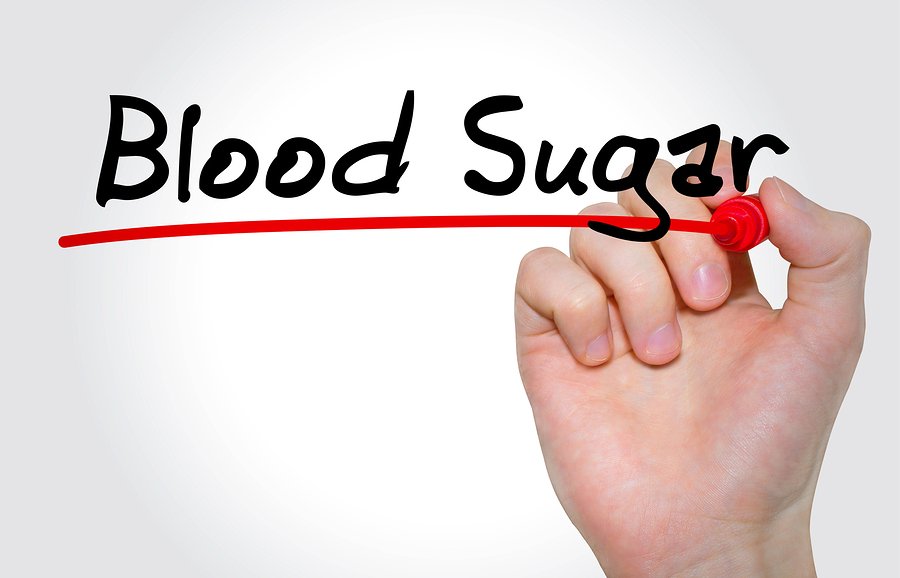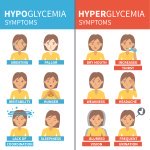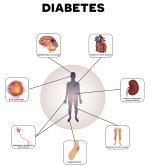Signs of High Blood Sugar

Signs of high blood sugar everyone should be aware of. Pre-diabetics and diabetics need to know these symptoms for their own safety. Their families need to know to protect them.
Warning signs that family members need to recognize since they indicate that a diabetic may require immediate medical attention include:
• Rapid pulse
• Seizures
• Confusion
• Sudden weakness
• Loss of consciousness
Friends and family need to know that medical attention is needed immediately if a diabetic is experiencing any of the above symptoms. Family, in particular, should be trained to test the diabetic’s blood sugar and administer insulin for them in the case of emergency. Testing first is critical because high blood sugar and low blood sugar have many of the same symptoms. Injecting insulin into someone that already has too much insulin in them - as in the case of someone with critically low blood sugar - could kill them.
The Definition of high blood sugar
People are considered to have high blood sugar if:
• Their fasting blood sugar level is 126 mg/dL
• Their blood sugar is 180 mg/dL regardless of the time of day
People are considered hyperglycemic if their blood sugar goes above 250 or 300 mg/dL
To the layman, diabetes indicates a persistent elevation of blood sugar that may lead to detrimental complications. To physicians, however, diabetes refers to a group of medical disorders that share an underlying feature--- high blood sugar or hyperglycemia.
Why having high blood sugar is bad for your health
A high level of glucose in your blood irritates the walls of your blood vessels. The longer that high levels of sugar are circulating in your blood, the greater the chance they will attach to cell proteins and damage them. This results in advanced glycation end products (AGEs) which cause your tissues and organs to degenerate. The long term effects of this are the common diabetes complications like cardiovascular disease, impotence, kidney failure and premature death.
Another problem with high blood sugar levels is they impair the ability of the cells in the pancreas to secrete insulin, or cause a defect in insulin action, or sometimes both. This long-term defect in insulin action and blood sugar increase can result in multiple organ damage, such as in the kidneys, eyes, arteries, and nerves.
What are the signs of high blood sugar?
Signs of high blood sugar:
Hyperglycemia can be spotted by watching for what is known as the "classic hyperglycemic triad":
• Frequent and pronounced hunger
• Frequent and often excessive thirst
• Frequent urination
Some other high blood glucose symptoms to watch for are:
• Fatigue or sleepiness
• Slow healing scrapes or cuts
• Blurred vision
• Cardiac arrhythmia
• Erectile dysfunction in men
• Pronounced weight loss
• Stupor or apparent intoxication
• Recurrent infections
• Dry, itchy skin
• Unconsciousness or coma in severe cases
• Tingling feet or heels
It is extremely important to know that many of these signs are also symptoms of low blood sugar also know as hypoglycemia. If you exhibit several or some of these symptoms seek medical attention immediately for an accurate diagnosis.
Conclusion
You should that know that chronic symptoms can seem "normal". If you have experienced several of these symptoms over a long period of time seemingly without any complications you still may be suffering from this condition. If left undiagnosed and untreated, high blood sugar can lead to a much more severe medical condition whose symptoms and effects are much more severe and can even lead to death.



New! Facebook Comments
What do you think? Share your thoughts below...